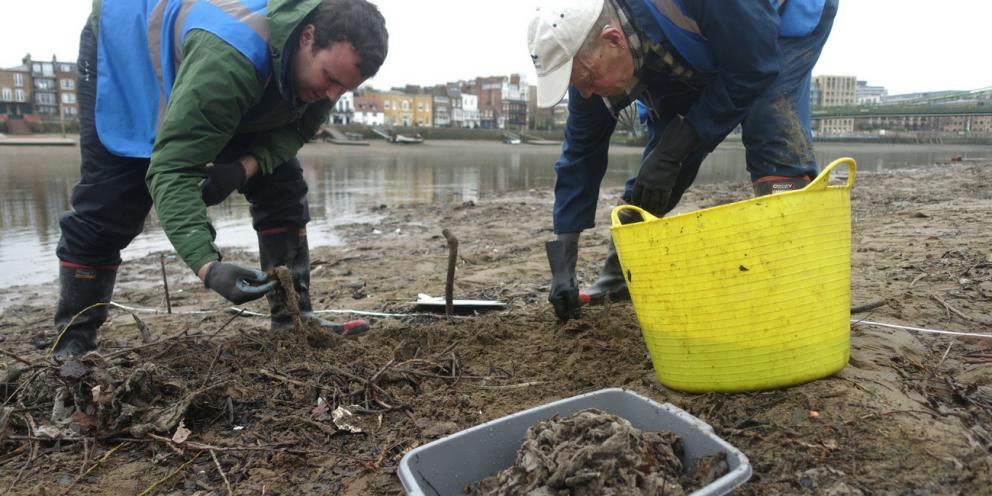There is no legal requirement for manufacturers to list materials on the packaging of products. Tampons contain 5 per cent plastic, period pads contain 90 per cent plastic and nappies contain an estimated 50 per cent plastic and similar materials.
Wet wipes, tampons and period pads are often flushed down the toilet. Londoners are not aware that these items contain plastic and combined with fat and oil create fatbergs and sewage blockages.
The London Assembly Environment Committee report, ‘Single-use plastic: unflushables’ recommends:
- The Mayor and Thames Water introduce a ‘block buster borough’ initiative, to get councils to pledge that unflushables don’t enter the sewage system and reusables are promoted where possible. ‘Bin it, don’t block it’ signage could be displayed on the backs of public toilets.
- The Mayor’s London Healthy Schools initiative should ask schools to demonstrate that they are period positive, in order to reduce stigma and inform children about binning not flushing, and reusable period products as an alternative.
- The Mayor should write to the Secretary of State for Environment, Food and Rural Affairs requesting a statutory format to display proper disposal information and the presence of plastic in products.
- The Greater London Authority (GLA) Group should provide bins in men’s toilets for incontinence and other unflushable single-use products, as currently bins are only in female toilets.
Caroline Russell AM, Chair of the Environment Committee, said:
“Public awareness around single-use plastics, in terms of disposable water bottles and coffee cups is high, but what about other daily products, like wet wipes, nappies and period products? These products end up in our rivers and oceans, sit in landfills or are incinerated, inflicting irreparable damage on our environment.
“We urgently need to educate Londoners not to flush these items down the toilet and enlist the help of the Mayor to take some practical steps to help the situation.
“London has to learn to bin it and not flush it.”
Stephen Pattenden, Waste Network Performance Manager, Thames Water said:
“Many people don’t realise how wipes that get flushed can cause blockages and fatbergs in the sewers. They contain plastic so don’t break down in the same way as toilet paper does, instead clinging to the insides of the pipes and combining with fat and grease to form the fatbergs, which have become so common across London.
“It’s great to have the London Assembly’s help to spread our ‘bin it’ message across the capital.”






